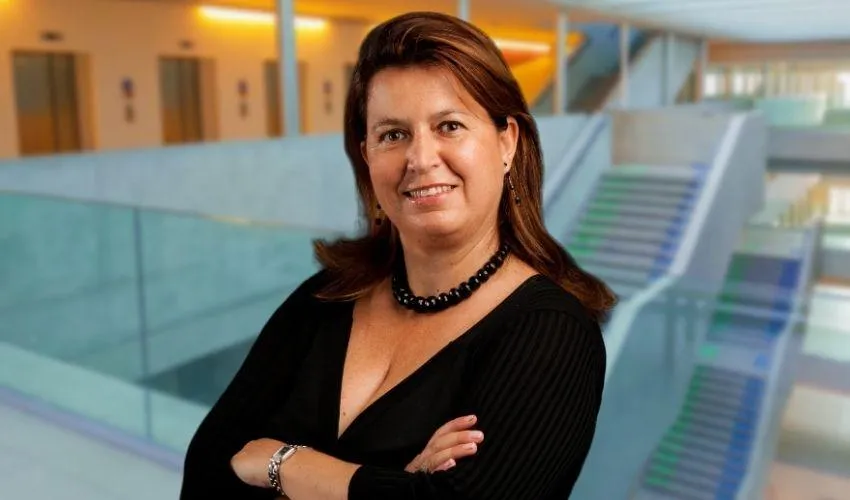
Mixite', Helping San Siro
The Mixité project, in which Bocconi is involved together with other organizations and charities, has obtained substantial funding from the Agenzia per la Coesione Territoriale. Melissa Miedico, professor of criminal law at Bocconi School of Law, is the project's contact person for the University and curator of the legal desk at the core of this initiative.
The goal is to combat educational deprivation in one of the most difficult areas of Milan. The 7th Municipality, and in particular the neighborhoods of Baggio and San Siro, suffer from acute and dramatic problems of social vulnerability that must be addressed with humanity but also with competence and perseverance. The project is multi-faceted: pupil tutoring both inside and outside schools, psychological support for students and families, educational guidance. The existence of a legal advice desk for families in distress is a tool for supporting the welfare of the most fragile in an integrated way.
The origins of this initiative date back to 2019, when Bocconi University's School of Law opened a legal support desk in the San Siro district, an area with a high immigrant presence, mostly North Africans. If, on the one hand, this was and is one of the ways in which Bocconi fulfils its mission as a university actively linked to the Milan territory, on the other it is also a valuable opportunity for law students who, under the guidance of their professors, can acquire valuable practical experience.
For Miedico, the success of this desk is a source of great personal and professional satisfaction. The neighborhood is now not only aware of the existence of this opportunity to get to know citizens' rights and to learn how to exercise them properly, but also recognizes its importance as an integration factor.
The key goal is reducing educational poverty. Being physically within schools is certainly important also as a symbol, since schools are the places where people learn par excellence, but it also addresses the need to involve as many people in the neighborhood as possible. In such a challenging context, it is easy to feel rejected and marginalized. And those who feel rejected and ghettoized run a greater risk of becoming prey to addictions or criminal gangs, further fueling a social conflict that is already hard to control. Awareness of one's rights and duties, on the other hand, is a powerful integration and inclusion factor.
A bureaucratic paperwork failure, for example, can be a very strong cause of frustration and distress for those living in insecurity; but someone who helps understand the reasons why it has failed and teaches residents how to use more correct procedures can defuse a potential risk of further marginalization. Melissa Miedico makes it clear: "Calming a family down is the first step to fitting them in."